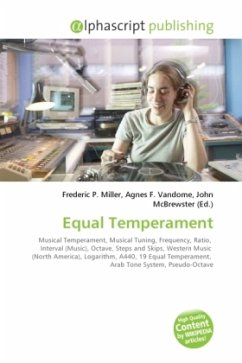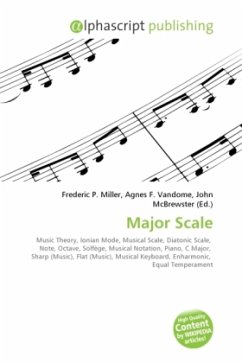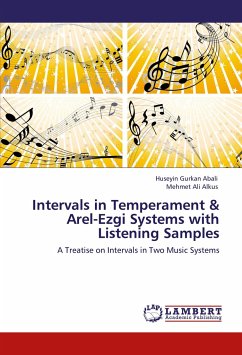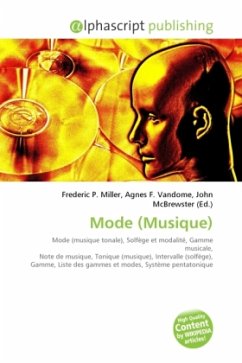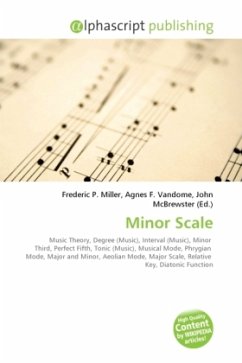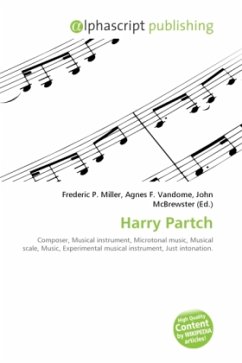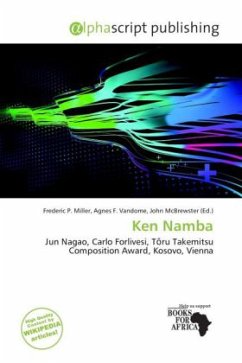Equal temperament is a musical temperament, or a system of tuning in which every pair of adjacent notes has an identical frequency ratio. In equal temperament tunings, an interval usually theoctave is divided into a series of equal steps (equal frequency ratios). For modern Western music, the most common tuning system is twelve-tone equal temperament, inconsistently abbreviated as 12-TET, 12TET, 12tET, or 12tet, which divides the octave into 12 (logarithmically) equal parts. It is usually tuned relative to a standard pitch of 440 Hz, called A 440. Other equal temperaments exist (some music has been written in 19-TET and 31-TET for example, and Arabian music is based on 24- TET), but in western countries when people use the term equal temperament without qualification, it is usually understood that they are talking about 12-TET. Equal temperaments may also divide some interval other than the octave, a pseudo-octave, into a whole number of equal steps. An example is an equally-tempered Bohlen Pierce scale. To avoid ambiguity, the term equal division of the octave, or EDO is sometimes preferred.
Bitte wählen Sie Ihr Anliegen aus.
Rechnungen
Retourenschein anfordern
Bestellstatus
Storno

